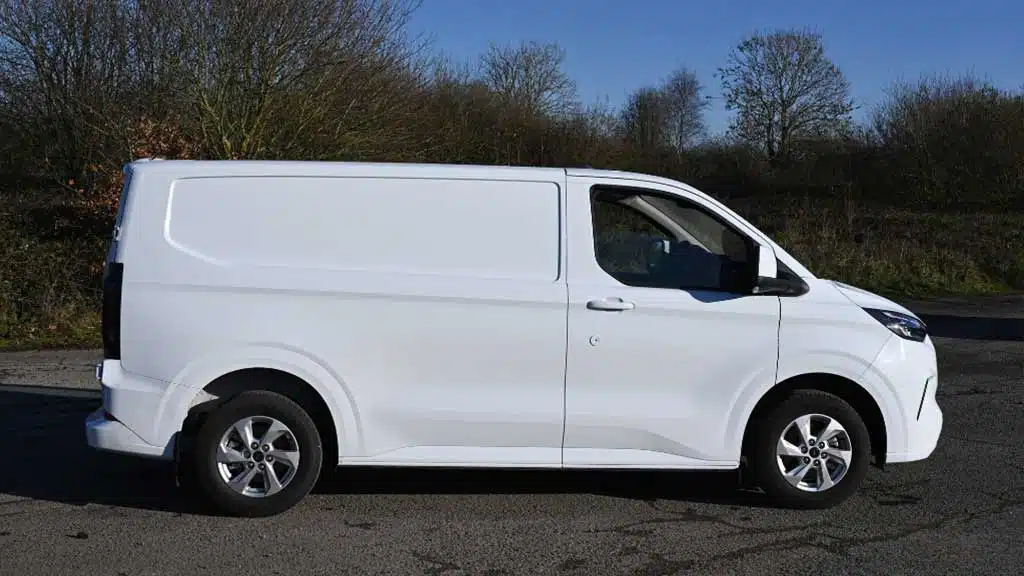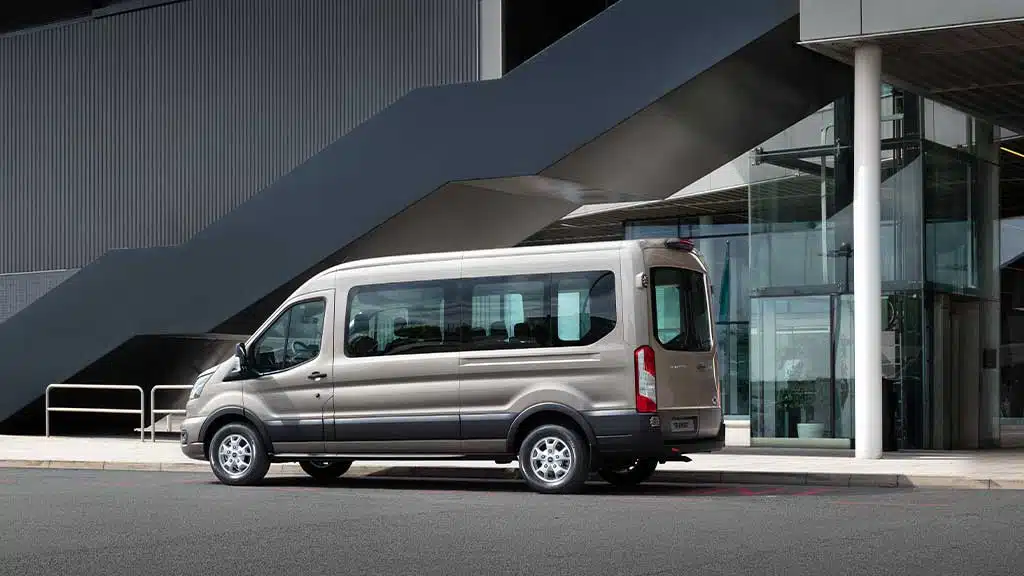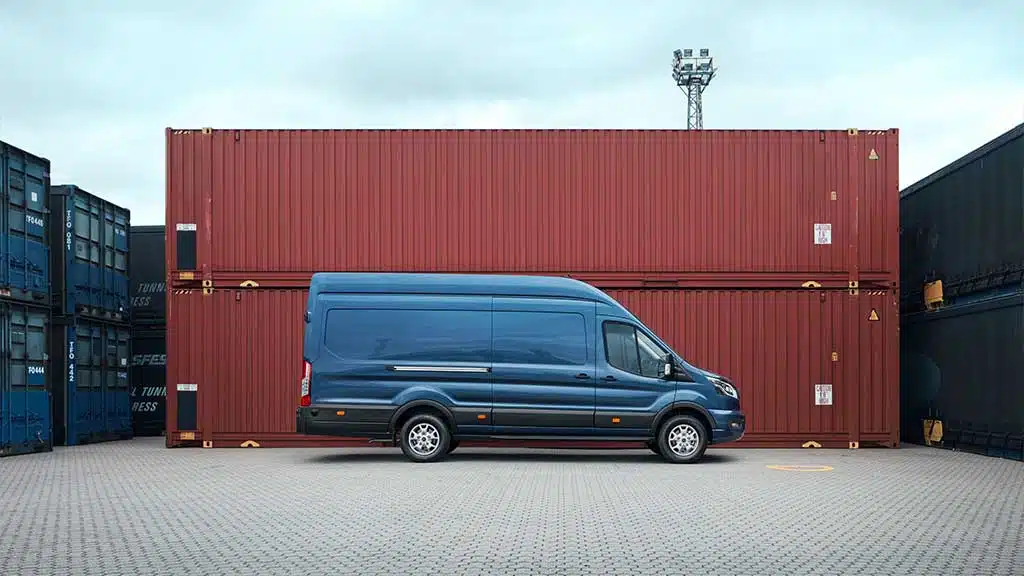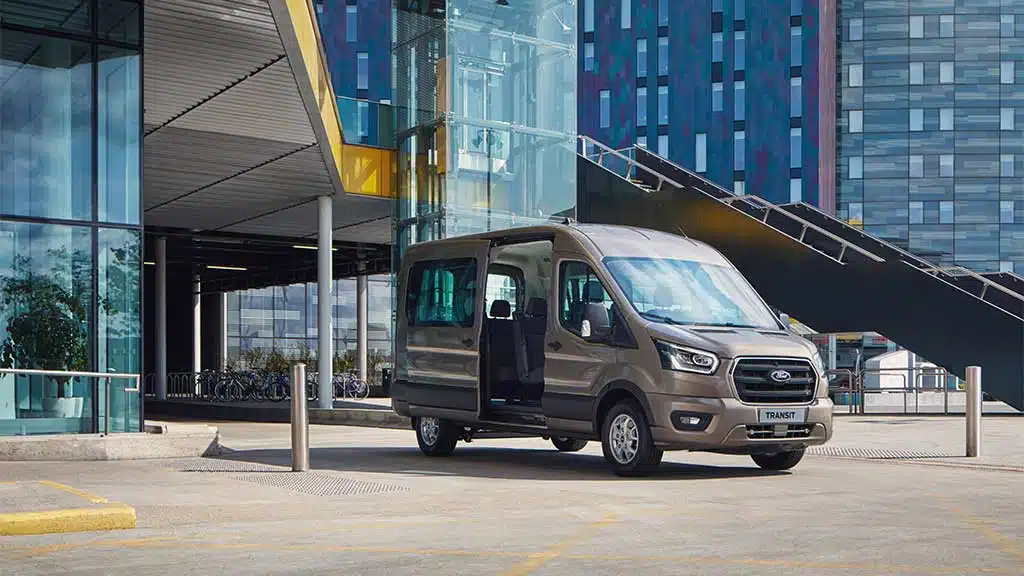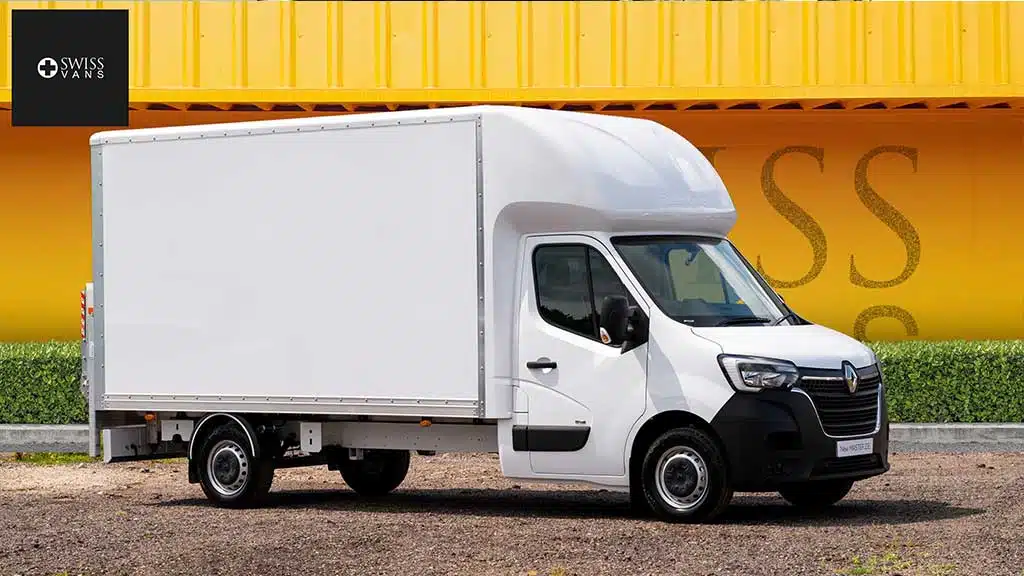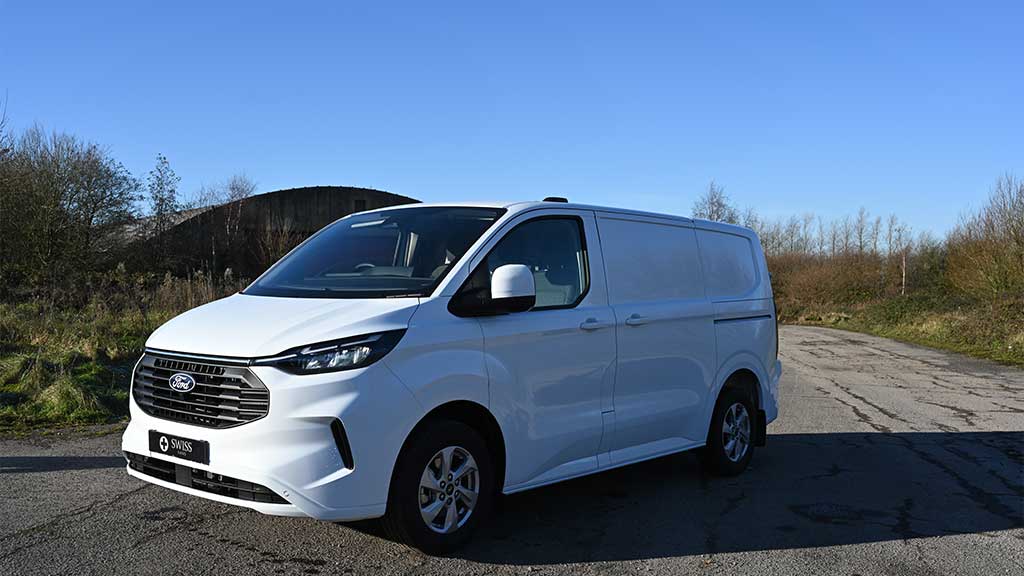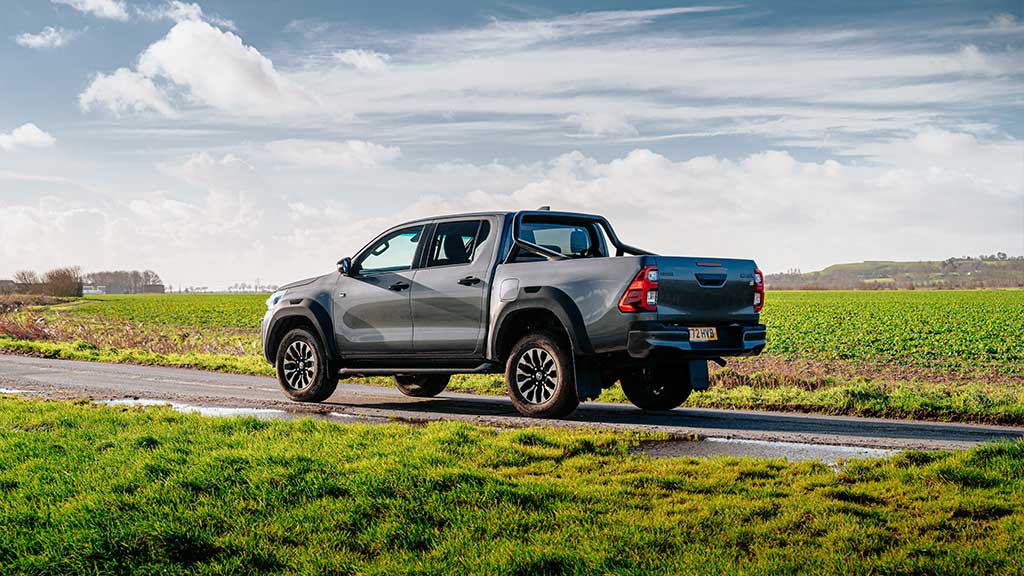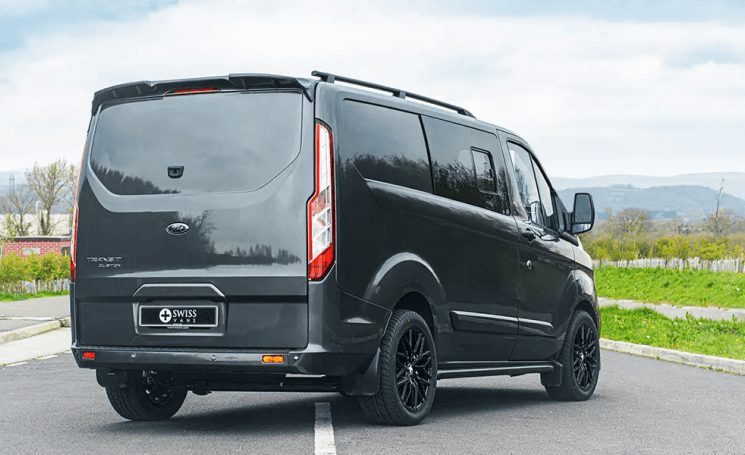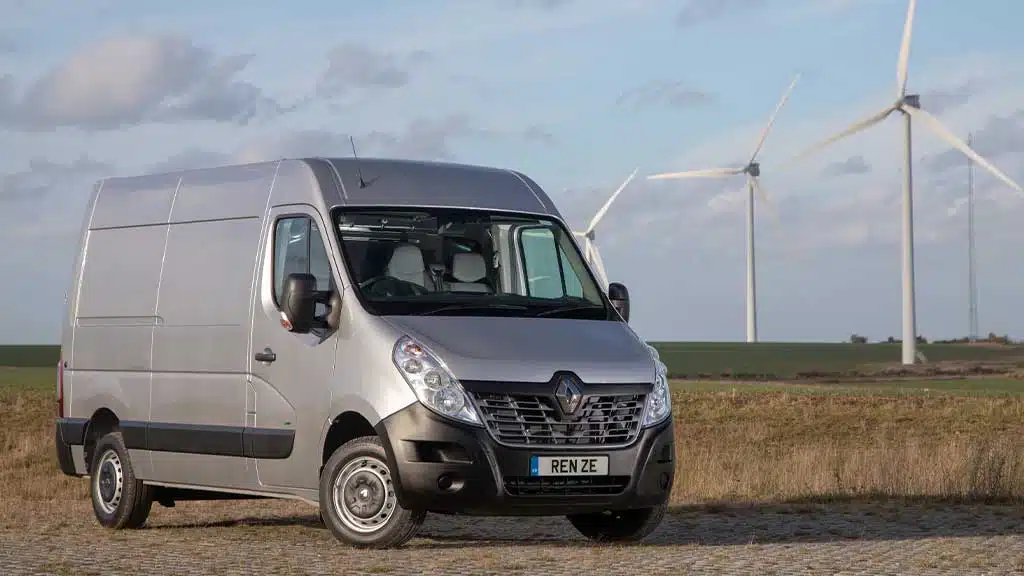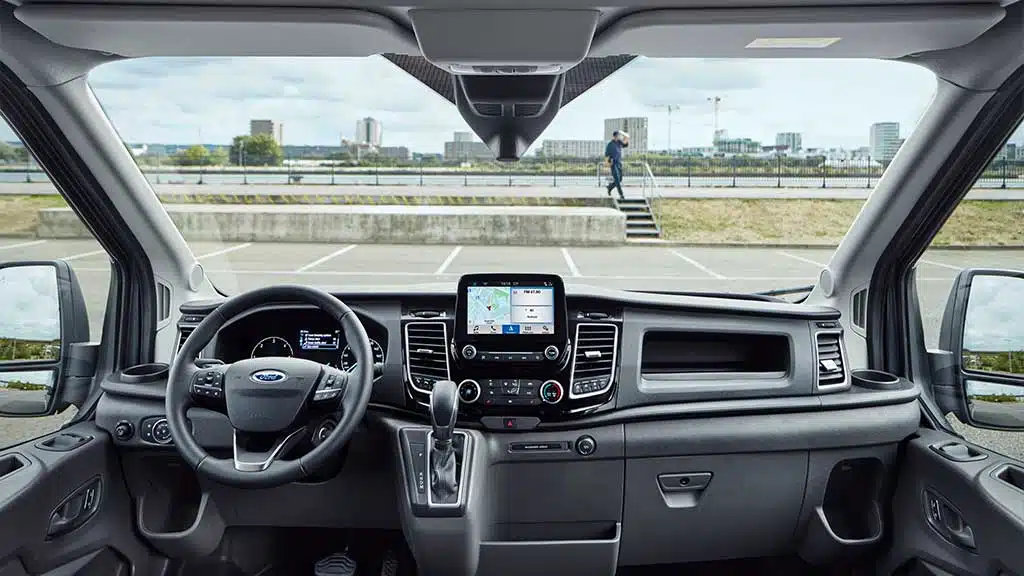Whether you’re a business owner needing a delivery van or an individual looking for a reliable vehicle, van leasing with insurance offers a convenient solution. When you lease a van, you rent it for an agreed-upon period ranging from one to five years. In addition to the van, the lease agreement includes insurance coverage to protect you against potential risks and damage.
When you opt for a van lease with courier insurance, the leasing agreement includes both the van for courier work and the insurance coverage. This means that not only do you have access to a reliable vehicle, but you also have the necessary insurance protection to mitigate potential risks and liabilities during courier operations.
Van leasing with insurance is a comprehensive package that combines the benefits of van leasing and insurance coverage into one convenient agreement. Instead of arranging insurance separately, the leasing company includes insurance as part of the overall package. This means you don’t have to worry about sourcing and paying for insurance coverage separately, making the leasing process smoother and hassle-free.
1. The importance of van leasing with Insurance:
Van rental with insurance provides a flexible solution for individuals who require a van for various purposes. Whether moving furniture, transporting equipment for an event, or embarking on a family vacation, renting a van with insurance can save you from the hassle and expenses of owning a van outright. Instead of investing in a vehicle, you may only need temporarily, van rental allows you to choose a van that suits your specific requirements and rent it for the desired duration.
Insurance coverage is essential to van rental, as it protects you from potential liabilities and damages during your rental period. Insurance typically includes comprehensive coverage, safeguarding the van against accidents, theft, and vandalism. Additionally, it may consist of liability coverage, which covers any third-party injuries or property damage caused by the van. Insurance in your rental agreement offers peace of mind, knowing you’re protected from unforeseen events or accidents.

When opting for van leasing with insurance, it’s essential to understand the terms and conditions of the insurance coverage. Familiarize yourself with any deductibles or excess amounts that may apply in the event of a claim. Inspecting the van thoroughly before renting it and documenting any existing damage is also advisable to avoid being held responsible for it later. By adhering to the rental agreement and taking necessary precautions, you can make the most of van leasing with insurance and enjoy a worry-free experience on the road.
2. Van Lease with Courier Insurance:
It is a specialized option for businesses involved in courier services or delivery operations. This comprehensive insurance coverage is tailored to meet the specific needs and risks of transporting goods and parcels. Including courier insurance in your van lease ensures that your business is adequately protected against potential liabilities and damage that may arise during courier operations.
One key component of a van lease with courier insurance is goods in transit coverage. This coverage protects the items transported in the van, safeguarding them against loss, damage, or theft. For businesses that handle valuable or delicate goods, having goods in transit coverage is crucial to mitigate financial risks and maintain clients’ trust. This coverage provides peace of mind, knowing that even in the event of unforeseen circumstances, such as accidents or theft, the value of the goods will be protected.
In addition to goods in transit coverage, van leases with courier insurance often include public liability coverage. This coverage protects the business from claims made by third parties for injuries or property damage caused by the van during delivery activities. Accidents can happen, and public liability coverage ensures your business is financially protected in case of legal claims or compensation demands. This coverage is significant when operating in public spaces or delivering goods to customers’ premises.
3. Van Rental Insurance UK:

Van rental insurance cost in the UK is a crucial aspect to consider when renting a van for personal or business use. In the United Kingdom, as in many other countries, it is a legal requirement to have insurance coverage for any vehicle driven on public roads. Therefore, when you opt for van rental in the UK, it’s essential to ensure that the rental agreement includes adequate insurance coverage to comply with legal obligations.
So, how does van leasing with insurance work in the UK? Van rental insurance in the UK typically includes comprehensive coverage, which protects against damage to the rental van due to accidents, theft, or vandalism. This coverage ensures you are not held financially responsible for any damage incurred during your rental period. Additionally, the insurance may include liability coverage, which protects you from claims made by third parties for bodily injury or property damage caused by the rental van.
When exploring van rental options in the UK, reviewing the terms and conditions of the insurance coverage provided is essential. Understand the excess or deductible amounts that may apply in the event of a claim, as this can affect your financial responsibility. Additionally, consider any limitations or exclusions specified in the insurance policy. It’s advisable to communicate with the rental company and insurance provider to clarify doubts and ensure you understand the insurance coverage included in your van rental agreement.
4. Van Rental Insurance Cost:
The cost of van rental insurance can vary depending on several factors. Insurance companies consider various elements when determining the insurance premium for van rental. These factors can include the driver’s age, driving history, location, and the value of the rental van. The type and extent of coverage required also impacts the insurance cost.
Younger drivers or those with less driving experience may face higher van leasing with insurance premiums due to the perceived higher risk associated with their age group. Similarly, drivers with a history of accidents or traffic violations may be considered higher risk and face increased insurance costs. The location where the van will be driven and parked can also affect the insurance premium. Areas with higher rates of accidents or theft may result in higher insurance costs.

The rental van’s value is another factor influencing the van leasing with insurance cost. Higher-value vans may have higher insurance premiums to account for the increased potential cost of repairs or replacement. Additionally, the type and extent of coverage required, such as additional coverage for goods in transit or public liability, can also impact the overall cost of insurance for van rental.
5. Courier Van Leasing Unlimited Mileage with Insurance
It is a beneficial option for businesses involved in courier services or delivery operations that require extensive travel. This van leasing with insurance arrangement provides the flexibility of unlimited mileage, allowing businesses to use the leased van for long-distance deliveries without worrying about exceeding a predetermined mileage limit.
With unlimited mileage, businesses can expand their delivery reach, cater to a more extensive customer base, and take on more projects without the constraint of mileage restrictions. This can be particularly advantageous for businesses operating in multiple regions or offering nationwide delivery services. By being free to travel without mileage limitations, courier companies can optimize their operations and serve customers efficiently.
In addition to unlimited mileage, courier van leasing with insurance provides comprehensive coverage for the leased vehicle. This insurance coverage typically includes comprehensive insurance, which protects against damage to the van due to accidents, theft, or vandalism. It may also have third-party liability coverage, safeguarding the business from claims made by third parties for bodily injury or property damage caused by the van during delivery activities.
6. Does Van Lease Include Insurance?
In most cases, van leasing does include insurance coverage. However, verifying this with the leasing company before finalizing your lease agreement is crucial. Always review the terms and conditions of the lease to understand the extent of the insurance coverage and any additional options available. It’s also recommended to inquire about any deductibles or excess charges that may apply in case of an accident or damage to the van. Clear communication and understanding of the insurance terms will help you make an informed decision and avoid surprises.
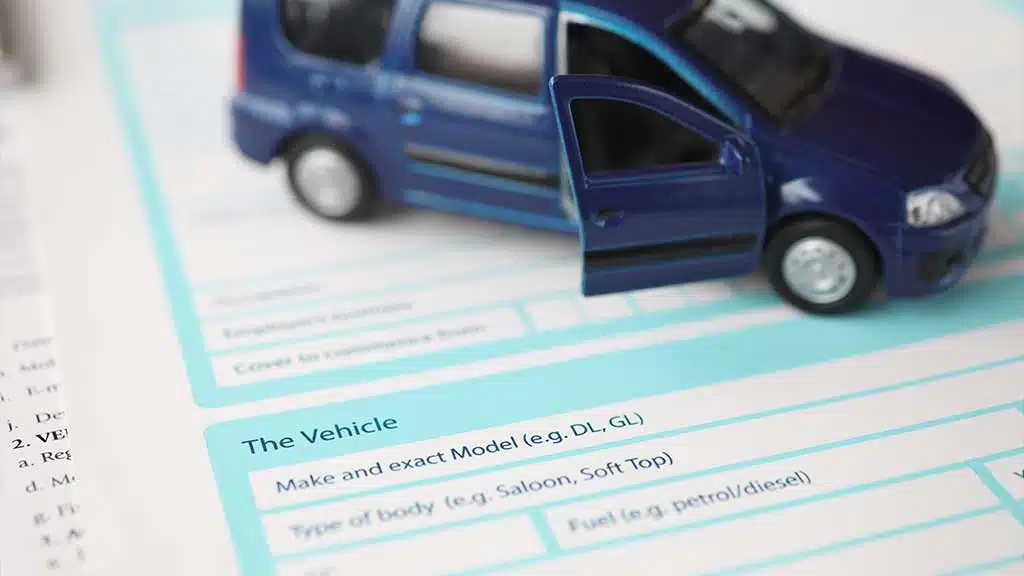
When opting for van leasing with insurance, it’s important to remember that the provided insurance typically covers third-party liability and damage to the vehicle. It may not include coverage for personal belongings, medical expenses, or other additional protections. If you require these different coverage options, discussing them with the leasing company or seeking separate insurance policies that suit your needs is advisable.
Conclusion
Van leasing with insurance offers a convenient and comprehensive solution for individuals and businesses needing a van. Whether you choose a van rental with insurance or a van lease with specialized coverage, it’s essential to review the terms and conditions of the insurance agreement and understand the extent of coverage provided. By doing so, you can enjoy the benefits of driving a leased van while having peace of mind knowing that you’re protected in case of unforeseen events. So, explore your options, compare quotes, and decide to find the best van leasing with an insurance package that suits your requirements.



